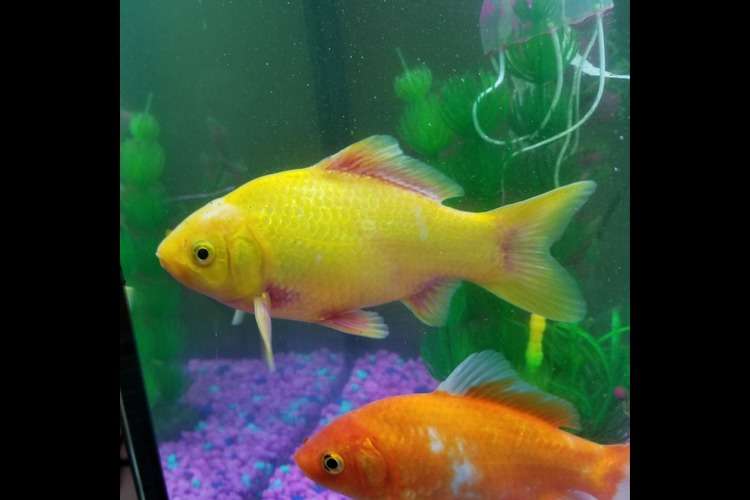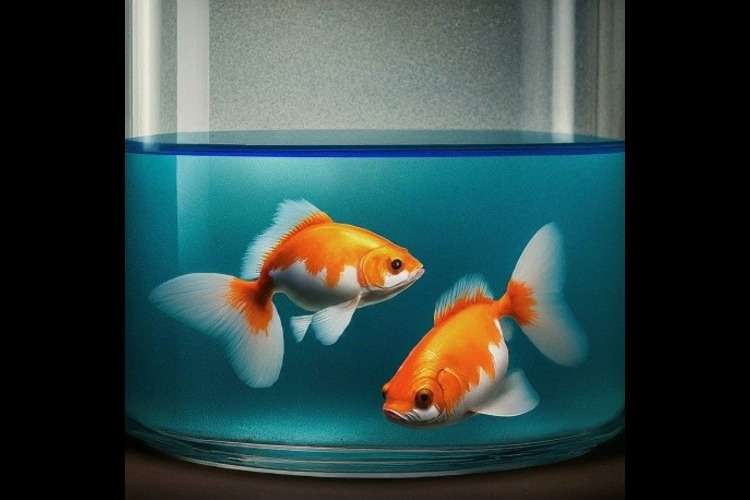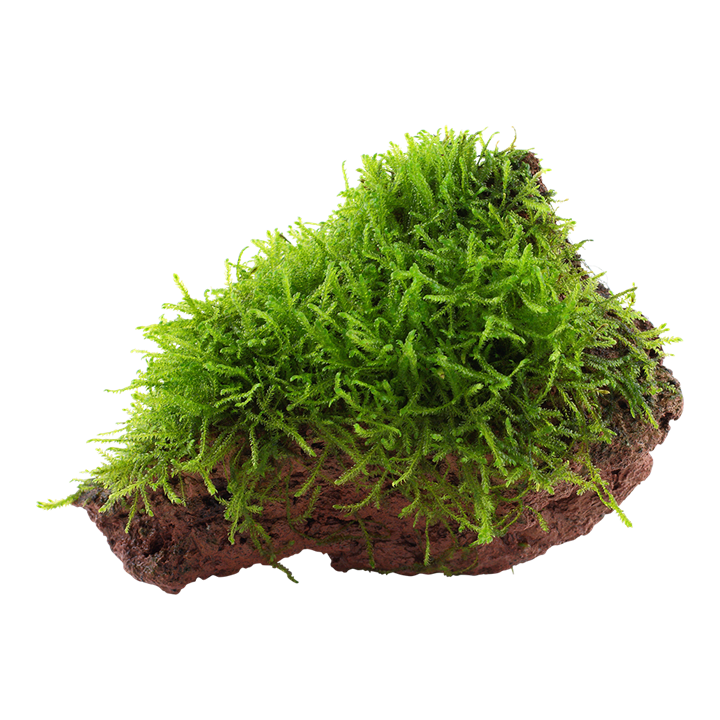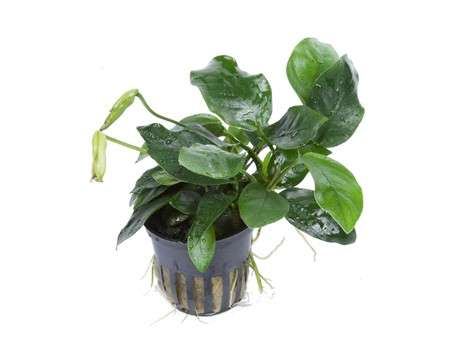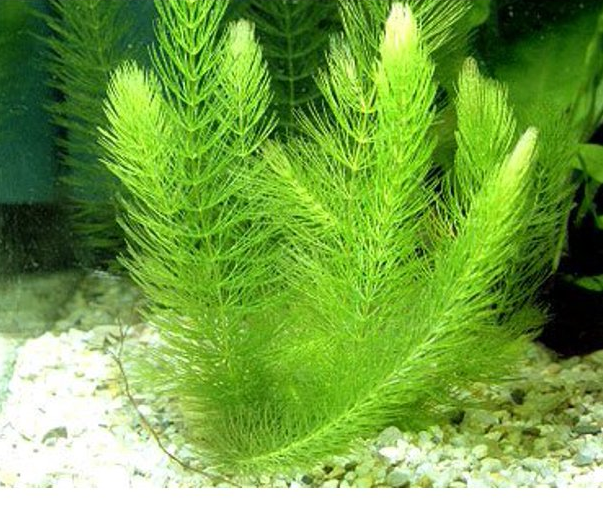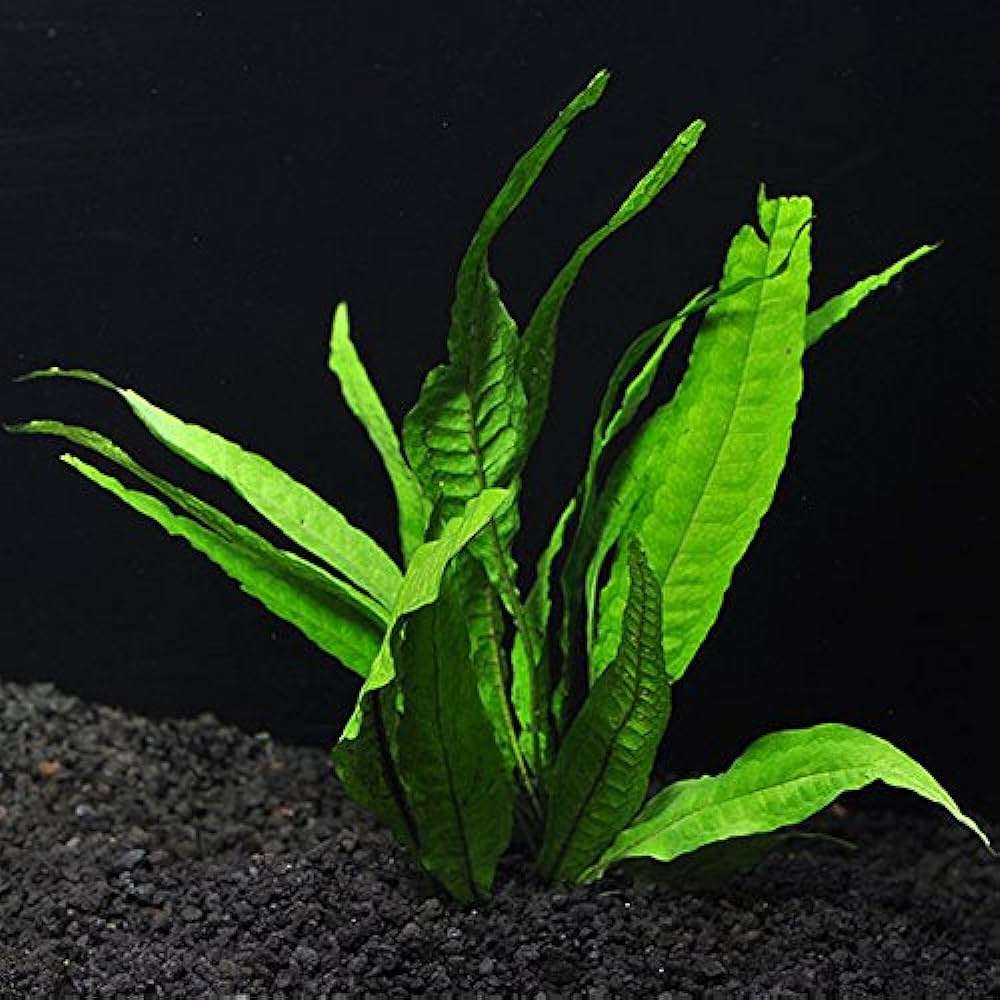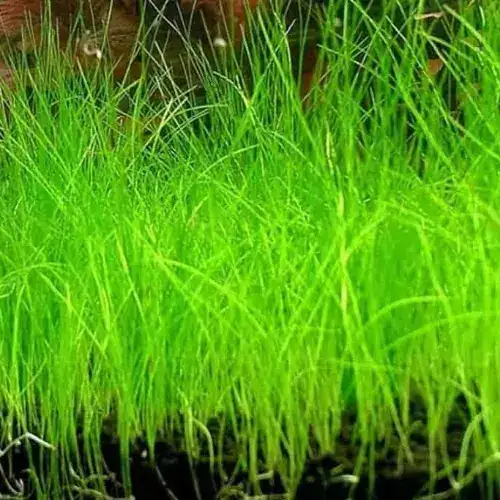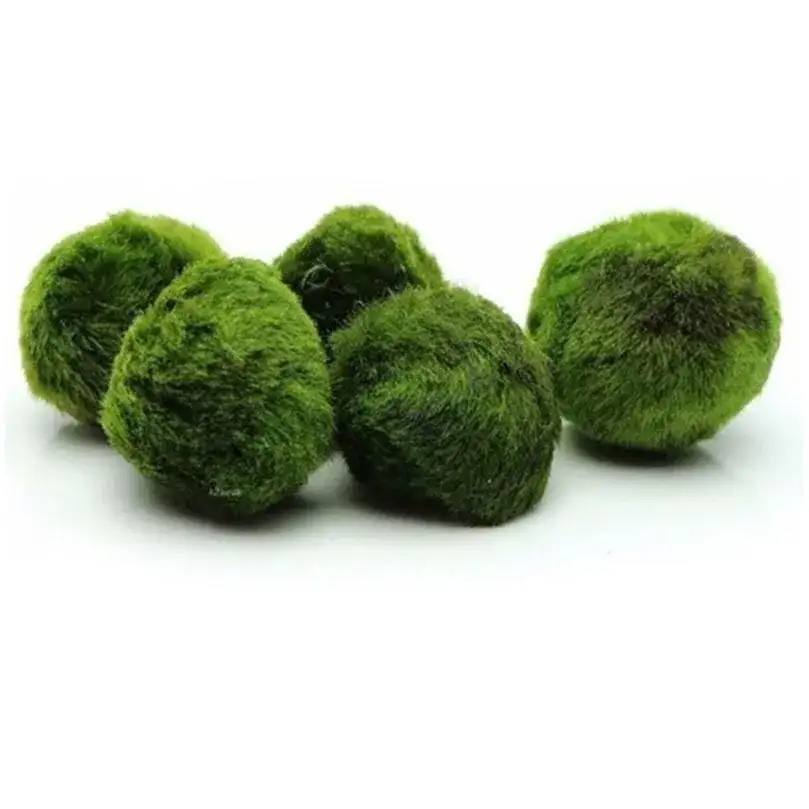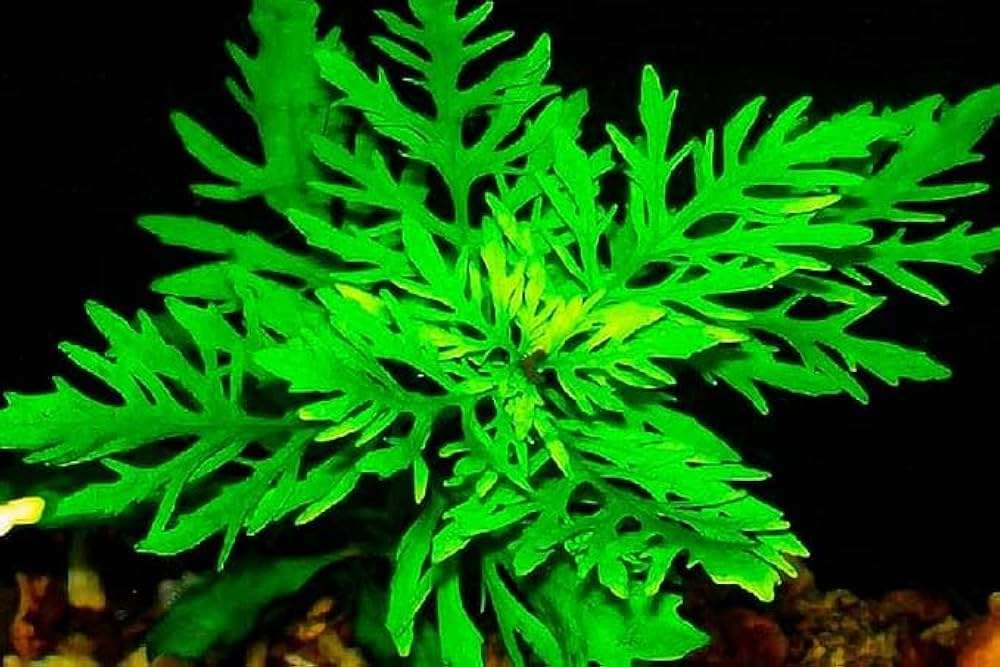Choosing the Perfect Filter for Your Aquarium
Learn how to select the ideal aquarium filter to maintain a healthy environment for your fish by removing waste and harmful substances effectively.
Table of Contents
- Know the Various Filters Aquarium filters come in three main types
- Consider the Size of Your Aquarium
- Evaluate Your Fish Stock
- Location for the Filter
- Maintenance Needs Evaluation
- Budget Range
- Research and Read Reviews
- Faq
- Conclusion
Know the Various Filters Aquarium filters come in three main types
Mechanical Filters: These are filters that physically eliminate debris and particles in water. They trap particles with filter media like sponge or foam. Filter media need to be cleaned frequently to maintain their effectiveness.
Biological filters: Biological filters are vital to the formation of good bacteria which degrade toxic ammonia and nitrites created by fish waste.
Chemical filtration: Chemical filtration is necessary to ensure that the quality of water is high, using substances like activated carbon in its processes to remove impurities and toxins in the water. However, it sometimes needs it, but then it uses it to treat diseases or to remove oders.
Consider the Size of Your Aquarium
The size of your aquarium determines the filter you'll choose because each has a certain flow rate measured in gallons per hour (GPH). A general rule of thumb when selecting a filter is to go with at least a filter that can provide a GPH four times faster than the total volume of your aquarium. A 50-gallon tank requires at least a 200-gallon-per-hour filter.Evaluate Your Fish Stock
Various fish have varying filtering needs. For instance, if you are keeping messy eaters such as goldfish or cichlids, you will need to provide a more intensive filtration system because such fish produce a high amount of waste. If you maintain a lightly stocked tank with peaceful species, you may not require much in terms of filtration. Evaluate the specific needs of your fish to arrive at an appropriate filter.
Location for the Filter
Filters can be in the form of internal or external filters, and there are also sump systems.
Internal Filters: These are totally submerged in the aquarium. These filters are ideal for smaller aquariums. Generally, they will be easier to maintain, but they may occupy more space.
External Filters: These operate outside the aquarium. These are perfect for a large aquarium. It generally has a larger capacity and holds much more filter media.
Sump Filters: A sump filtration system is an advanced solution which will allow a greater filtration capacity, thus a greater customisation feature. It also lets providing additional water volume that directly affects a stable environment.
Maintenance Needs Evaluation
Spare some time and think of how much time and energy you are willing to invest into filter maintenance. Be frank about your expectation since some filters take a great deal of frequent cleaning and media substitution while others do not. Output for a filter that suits your lifestyle and maintenance regime for it to keep on working for you.
Budget Range
They come in all ranges of prices so it is wise to set a budget before going out to shop. Of course, you always want to spend less but at the same time invest in good quality filter. You will save money by not having to deal with water quality issues and health issues related to your fish.
Research and Read Reviews
Therefore, you have to make some researches before you make the final decision. Read reviews on different filters and ask fellow aquarists about their experiences with certain ones. In order to find all this information, you may check online forums as well as your community groups.
Faq
1.What are the different types of aquarium filters?
Aquarium filters generally fall into three main types:
Mechanical Filters: Physically remove debris and particles using filter media like sponges or foam.
Biological Filters: Support beneficial bacteria that break down toxic ammonia and nitrites produced by fish waste.
Chemical Filters: Use substances like activated carbon to remove impurities and toxins from the water.
2.How do I determine the right flow rate for my aquarium filter?
To choose the right filter flow rate, multiply the total volume of your aquarium by four. For example, if you have a 50-gallon tank, look for a filter with a flow rate of at least 200 gallons per hour (GPH).
3.Does the type of fish I keep affect my filter choice?
Yes, different fish species have varying filtration needs. Messy eaters like goldfish or cichlids produce more waste and require a more powerful filtration system, while lightly stocked tanks with peaceful species may need less filtration.
4.What are the placement options for aquarium filters?
Filters can be categorized into three placement options:
Internal Filters: Submerged in the aquarium; ideal for smaller tanks but may take up space.
External Filters: Operate outside the tank; suitable for larger aquariums with higher capacity.
Sump Filters: Advanced systems that allow for greater customization and increased water volume, contributing to a stable environment.
5.How much maintenance do different filters require?
Maintenance needs vary by filter type. Some filters require frequent cleaning and media replacement, while others need less attention. Consider how much time and effort you're willing to dedicate to maintenance when choosing a filter.
6.How do I set a budget for my aquarium filter?
Filters are available at various price points. It's wise to establish a budget before shopping. While it's tempting to opt for cheaper options, investing in a good-quality filter can save you money in the long run by preventing water quality issues and maintaining fish health.
7.Where can I find reviews and recommendations for aquarium filters?
Research online forums, community groups, and websites dedicated to aquarists. Reading reviews and asking fellow aquarium enthusiasts about their experiences can provide valuable insights into the performance and reliability of different filters.
8.What should I do if I’m still unsure about which filter to choose?
If you're uncertain, consider consulting with experienced aquarists or local fish store staff. They can provide tailored recommendations based on your aquarium size, fish species, and specific needs.
9.How will the right filter benefit my aquarium?
Choosing the right filter helps maintain water quality, which is essential for the health and wellbeing of your fish. A well-functioning filter can lead to a cleaner, more stable, and vibrant aquarium environment.
10. Can I use multiple filters in my aquarium?
Yes, using multiple filters can enhance filtration efficiency and provide backup in case one filter fails. However, ensure that the combined flow rates do not exceed the tank's capacity, which could create excessive water movement and stress for your fish



